
Victoria R. Crowder, BSN, RN, and co-investigators, highlight existing gaps in the understanding of malnutrition risks facing patients with acute myeloid leukemia and myelodysplastic syndromes.

Victoria R. Crowder, BSN, RN, and co-investigators, highlight existing gaps in the understanding of malnutrition risks facing patients with acute myeloid leukemia and myelodysplastic syndromes.
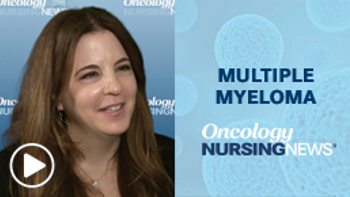
Donna Catamero, ANP-BC, OCN, CCRC, outlines best management strategies for treating patients receiving teclistamab who experience cytokine release syndrome.

Monitoring patients for cytokine release syndrome is a key aspect of caring for patients receiving teclistamab.
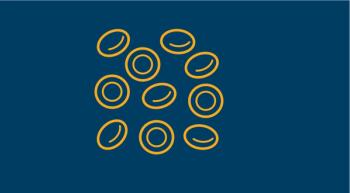
Specialists highlight the best practices and latest treatment regimens for patients presenting with myelofibrosis, polycythemia vera, and essential thrombocythemia.
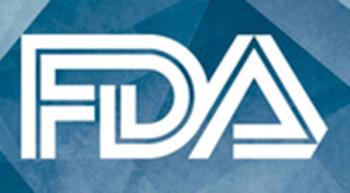
The FDA has pushed back the PDUFA date for quizartinib for select patients with acute myeloid leukemia.

Data that was leaked from a 2023 EHA Hybrid Congress Abstracts demonstrated that ciltacabtagene autoleucel reduced the risk of disease progression in patients with relapsed/refractory multiple myeloma.

Beth Faiman, PhD, MSN, APRN-BC, AOCN, discusses the growing need for advanced practitioner provider education and her role with the NP/PA center of excellence.

Polatuzumab vedotin has been approved in combination with rituximab, cyclophosphamide, doxorubicin, and prednisone for previously untreated diffuse large B-cell lymphoma.

Omidubicel has been approved to quicken the recovery of neutrophils and reduce the risk of infection following stem cell transplant.

AbbVie has withdrawn the indications for previously pretreated patients with mantle cell lymphoma and marginal zone lymphoma.

Beth Faiman, PhD, CNP, discusses reclassifying patients with multiple myeloma, the accelerated approval of teclistamab, and the removal of belantamab mafodotin from the US market.

To evaluate the prevalence of financial toxicity and observe the effect of Coverage and Cost-of-Care Links, a program providing financial navigation, investigators initiated a nonrandomized study.

Hematologists have developed a framework of the core symptoms caregivers should look out for when caring for a patient who has just received CAR T-cell therapy.
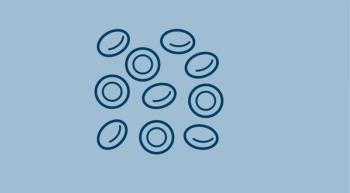
The primary overall survival analysis of the phase 3 ZUMA-7 trial favors axicabtagene ciloleucel over standard of care therapy.

Inpatient infusion was linked with greater comorbidity burden and increased likelihood of adverse effects in patients with follicular lymphoma who received CAR T-cell therapy, but not in those with mantle cell lymphoma.

Patients with multiple myeloma who received subcutaneous daratumumab experienced reduced clinic times compared with those who received the agent intravenously.
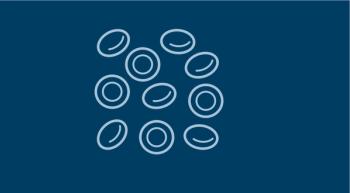
Siltuximab led to the complete resolution of cytokine release syndrome in 5 out of 6 patients, with a median time to complete response within 1 hour.

Linh Nguyen BSN, RN, OCN, BMTCN, highlights the benefits of prospective toxicity data collection for patients undergoing bone marrow transplantation.

In this episode of The Vitals, Stephanie Jackson, DNP, MSN, RN, AOCNS, BMTCN, discusses the treatment journey of a patient who required multiple lines of therapy for ALL.

Nurse researchers sought to improve the communication between the hematopoietic stem cell transplantation care team and pediatric patient caregivers.

During the 2023 Tandem Meeting, Trista Carelock RN, BSN, ONC, BMT-CN, highlighted how her institution leveraged remote patient monitoring to offer outpatient CAR T-cell therapy to patients.

After 6 months of treatment with ruxolitinib, patients with polycythemia vera experienced a significant reduction in hematocrit levels compared with baseline.

Leslie Smith, DNP, RN, APRN-CNS, BMTCN, AOCNS, highlights the pirtobrutinib approval for mantle cell lymphoma, and what she anticipates will encompass best nursing practices with the newly approved agent.

At the 2023 Tandem Meeting, Jennifer Peterson, MS, RN, OCN, BMTCN, discussed how her institution implemented a successful outpatient CAR T-cell therapy program.

Pure essential oils reduced the severity of chemotherapy-induced nausea and vomiting in patients receiving autologous blood and marrow transplants.